With the onslaught of the Coronavirus crisis, the Belfer Center community has doubled-down on its work in security and public health, leadership training, emerging technologies, and other areas critical to effective pandemic response, and is also utilizing its individual and collective expertise for new challenges raised by the crisis. Here, we provide a few examples of what the Center's programs and people have been doing to find effective solutions to immediate issues and ways forward to a safer, more secure future.
Supporting Mayors in Handling the COVID Crisis
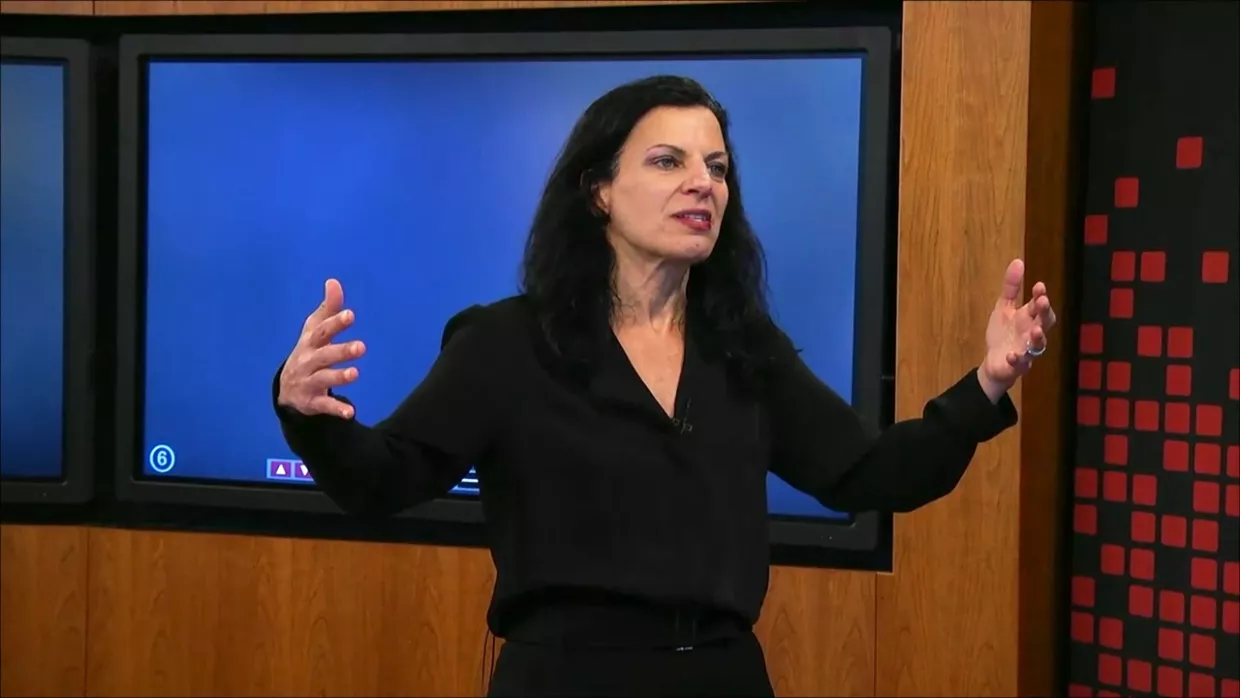
Each week since March 19, Juliette Kayyem, Faculty Director of the Center’s Homeland Security and Security and Global Health Projects, has joined more than 700 mayors and municipal leaders from around the world for two-hour Zoom sessions on emergency management and crisis communications. She and other experts from Harvard and beyond share their expertise with the local leaders - offering advice, best practices, and support in handling the COVID crisis in their cities. The interactive sessions also give the mayors the opportunity to share their experiences and to build a vitally important network.
The Bloomberg Harvard City Leadership Initiative - a collaboration among Harvard Kennedy School, Harvard Business School, and Bloomberg Philanthropies based at the Kennedy School’s Ash Center – organizes the weekly meetings.
In one of her presentations, Kayyem offered mayors six suggestions for communicating with their constituents.
- It will end. “You have to point people in that direction.”
- The crisis is never just one thing. “It’s very helpful for the public to understand how the different pieces fit together.”
- A crisis gives mayors convening authority. Communicate with your city “at the same time every day, same format.”
- Be yourself. “A crisis will reveal your true identity — so don’t try to be someone you’re not.”
- Systemic city problems will not get solved through this crisis. Keep a “singular focus about your communication strategy."
- It’s not about you. “To the extent that you’re stressed and doing everything you can — no one really cares. That’s why you are the mayor.”
Assisting Cities and Organizations with COVID Challenges
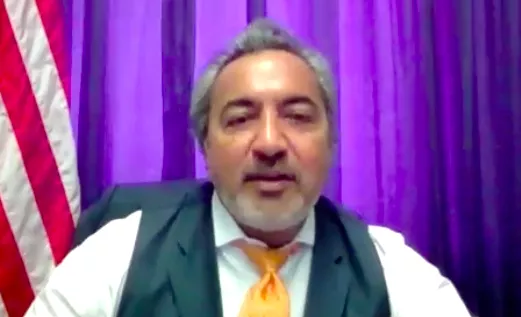
In late April, Belfer Center Co-Director Eric Rosenbach led the annual HKS “Spring Exercise,” the capstone experience for the 200+ Master’s in Public Policy (MPP) students completing their first year of the degree program at Harvard Kennedy School. In their final weeks of the semester, students participate in a policy simulation, each assuming the role of a policymaker responding to a major crisis.
This year, the exercise took on the real-time challenge of COVID-19. Students had the choice of serving as advisors to either a city or a major organization. These included: (1) the city of Cambridge, on re-opening public schools; (2) the city of New Delhi, on supporting migrant workers; (3) the U.S. Department of Homeland Security, on easing travel restrictions; and (4) the World Health Organization, on providing assistance to hard-hit, low-income countries.
Over the course of the exercise, Rosenbach and the faculty team, consisting of Center of Public Leadership Director and Belfer Center Senior Fellow Wendy Sherman, HKS Lecturer in Public Policy David Eaves, and MPP Faculty Chair John (Jack) Donahue, advised students on options memos, press strategies, and implementation plans, accepted policy briefs, and even grilled students on a simulated cable news program. The intensive simulation was punctuated by briefings from real-life principals, including Cambridge mayor Sumbul Siddiqui, Delhi Health Minister Satyendra Jain, U.S. Representative Ami Bera, former Ebola Czar Ron Klain, and the WHO Director of Global Initiatives Peter Graaff.
The policy memos developed by the students will be shared with the cities and organizations they advised.
Sharing Views on How COVID is Affecting International Relationships
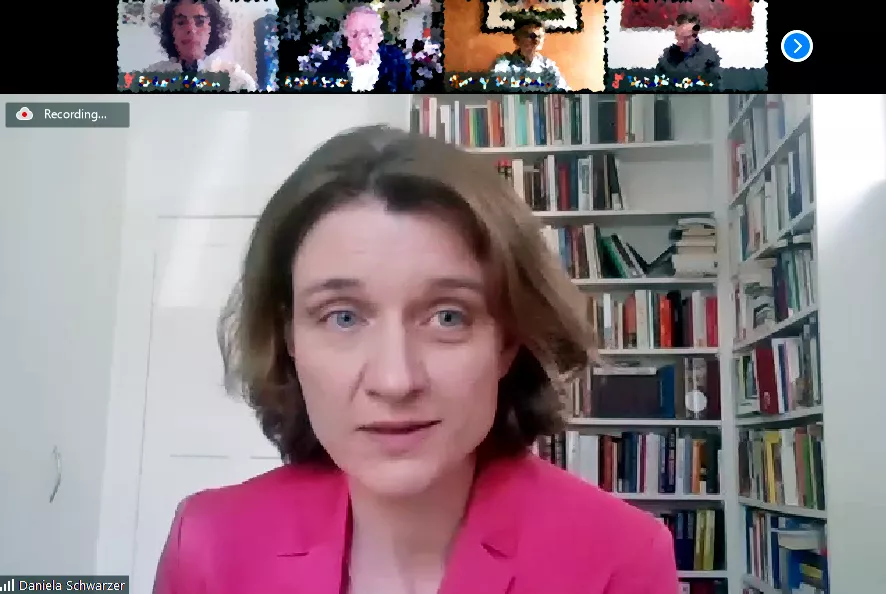
The Transatlantic Strategy Group of the Belfer Center’s Project on Europe and the Transatlantic Relationship and the German Council on Foreign Relations (DGAP) recently published their members’ views on how the COVID-19 pandemic will affect the transatlantic relationship. Their brief statements, available here, highlight possible implications for a range of issues including trade, health security, governance, climate change, China and Brexit negotiations.
Despite high levels of uncertainty about how this pandemic will evolve in the coming months, the statements from these experts make clear that the crisis requires strong transatlantic cooperation between the United States and its European partners. The search for a vaccine, an impending global economic crisis, and ongoing challenges from Russia and China will test U.S.-European cooperation. They stressed the urgent need for American involvement and leadership, rather than isolation, at this time.
The Transatlantic Strategy Group is co-chaired by Nicholas Burns, Goodman Family Professor of the Practice of Diplomacy and International Relations and Faculty Chair of the Project on Europe and the Transatlantic Relationship, and Daniela Schwarzer, President of the German Council on Foreign Relations. It brings together European and American experts and former government officials to assess critical challenges in the transatlantic relationship and develop new and innovative ideas for addressing them. The strategy group’s findings will be released in late 2020 with the publication of a major report.
Conducting Research on Virus Response Globally and in Refugee/Conflict Areas
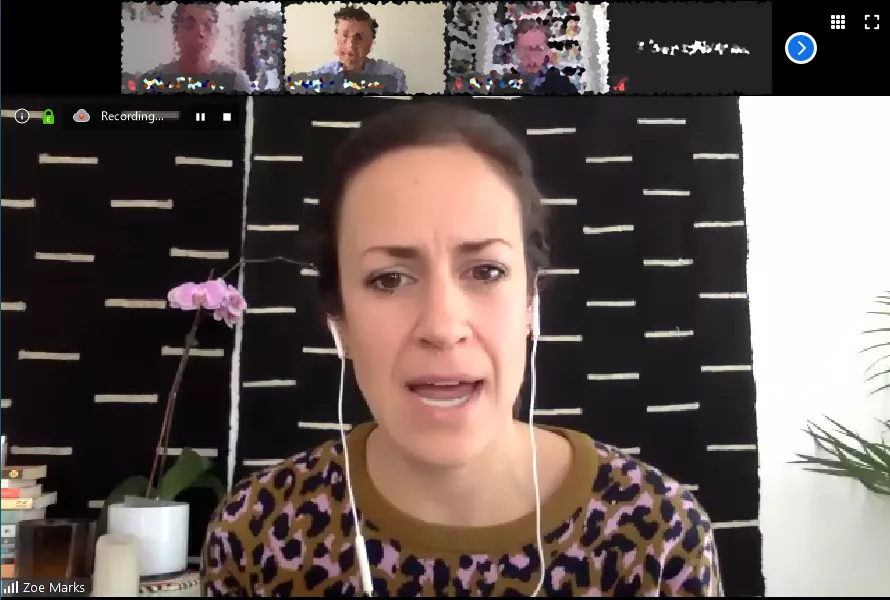
Public policy lecturer Zoe Marks, whose research focus is gender and inequality and African politics, has been conducting gendered analysis of the pandemic and its impact, and is also leading a team of students to aggregate data and analysis on how African countries and conflict-contexts navigate the crisis.
Through studying global responses to the Coronavirus, Marks has studied common threads among the most successful results. Her research to date has revealed that the countries with the best success in containing and responding to COVID-19 often share one common trait – a female leader. In a Washington Post op-ed, she discusses various aspects of gender stereotypes and leadership dynamics during this crisis.
Marks also is finalizing a peace and conflict in Africa study to document dynamic risks, solutions, and civil society response to coronavirus in Africa. Working with two Kennedy School students, Manya-Jean Gitter and Kadija Diallo, Marks’ research will focus on the response to COVID-19 in West African refugee and conflict areas. The research team will explore vulnerabilities that area leaders encounter in responding to the crisis along with consequences and solutions that emerge in these contexts. The team’s data will feed into a working group at Harvard’s Center for African Studies.
Helping Hospitals Prepare for Coronavirus Surge
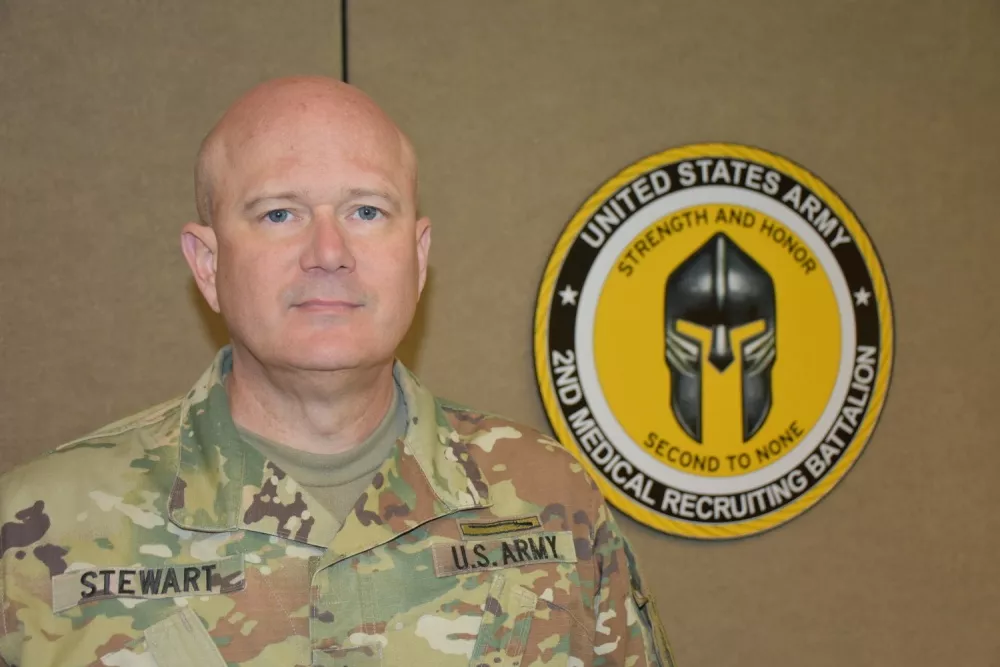
As the virus began spreading in the United States this spring, Colonel Warren Stewart, National Security Fellow and active-duty Army trauma nurse, set aside his Kennedy School studies and other plans to help two Midwest hospitals develop COVID-19 response plans.
An acute care nurse practitioner and critical care nurse specialist, Stewart was asked for assistance by former colleagues who knew of his experience as a member of an Army chemical/biological response team. His 22 years of experience included taking part in response to the anthrax event in Washington, D.C., helping develop emergency department plans during SARS and Ebola outbreaks, and participating in responding to numerous mass crises.
Stewart’s assistance in the hospitals included the development of competency verification for medical personnel and housekeepers when donning and doffing personal protective equipment, developing surge capacity within the emergency departments (ED) to allow for isolation of potential COVID-19 positive patients, and screening patients outside of the department. He also created a training plan to ensure that nursing staff were competent in procedures that would be needed for critically ill patients.
